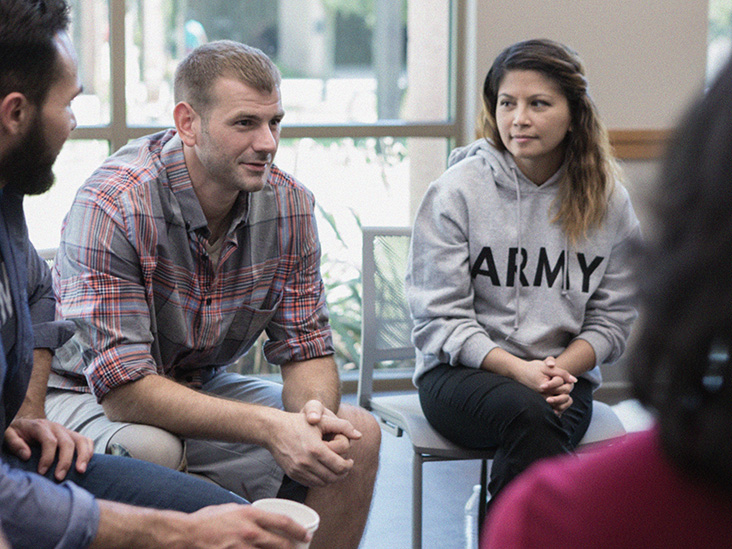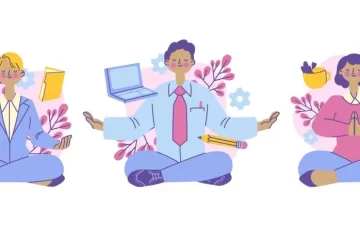Depression Disorder & Addiction: Ways To Prevent, Manage And Recover

Depression is a serious mental illness that can be debilitating for individuals. This disorder is characterized by long-term feelings of sadness, hopelessness, and low self-worth. Some people who suffer from this condition may also experience physical symptoms such as headaches, nausea, and trouble sleeping. There are no single causes for depression, but it typically occurs when the chemical balance in the brain becomes unbalanced or when there is an issue with how neurotransmitters function.
What is Depression Disorder?
Depression is a mental disorder that can lead to a range of problems in daily life, such as reduced productivity, difficulty concentrating, feelings of hopelessness and guilt, and suicidal thoughts or actions. It is one of the most common mental disorders.
No one knows exactly how to treat depression, but Depression Disorder & Addiction treatment usually involves medication and/or therapy. Some people also find self-care (like exercise and stress relief techniques) helpful. If you think you may be suffering from depression, please don’t hesitate to speak with your doctor or therapist.
Symptoms of Depression Disorder
Depression is a serious mental disorder that affects people of all ages. It is characterized by a persistent feeling of sadness, hopelessness, and/or helplessness. People with depression may have problems with sleep, appetite, energy, concentration, and motivation. Symptoms of depression can vary from person to person and can worsen over time.
If you or someone you know is experiencing signs and symptoms of depression, it is important to get help.
How to Cope with Depression Disorder
Steps to follow for Depression Disorder & Addiction:
- Seek professional help right away if you experience any of the following symptoms: persistent sadness, feelings of hopelessness, decreased interest in activities that used to be enjoyed, weight loss or gain, problems sleeping, and increased thoughts of death or suicide.
- Get plenty of exercises and engage in enjoyable daily activities.
- Make sure you eat a healthy diet and avoid excessive alcohol and caffeine consumption.
- Seek support from family and friends.
Conclusion
Depression disorders are quite common, affecting around 20% of the population at some point in their lives. If you or someone you know is struggling with depression, there are several resources available to help. From talk therapy to self-help books and support groups, there is something for everyone who is looking for help. It can take time and effort to get through this difficult time, but if you are willing to stick with it, eventually recovery will be possible.















